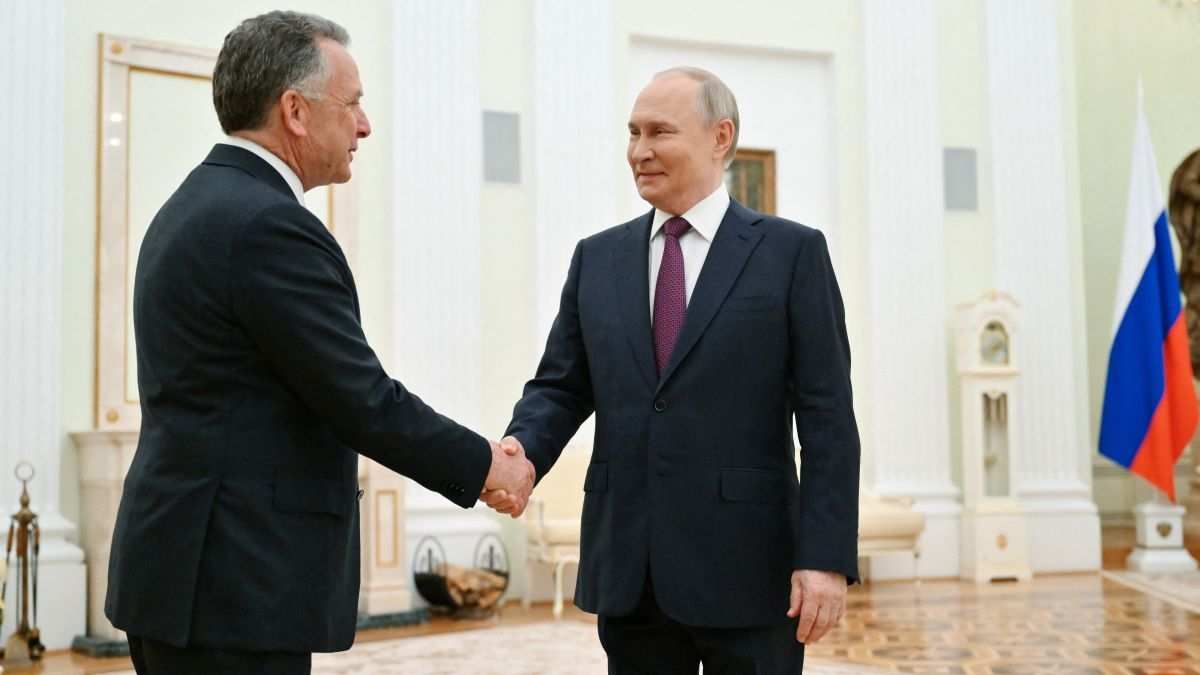2 billion: Cryptocurrencies' decentralized ledgers make them hard to counterfeit. But they're apparently easy to steal. Since 2017, hackers have made off with at least $2 billion worth.
378,000: The global shipping industry relies on the labor of 1.2 million professional mariners. More than a quarter of them – 378,000 – are from the Philippines. As competition has risen from cheaper crews elsewhere in Asia, the concerns of Filipino seamen, who are a huge source of remittances, are becoming an important issue in domestic politics.
80: Of the millions of migrants in Africa who leave their countries in search of security and economic opportunity every year, around 80 percent stay on the continent. Five of the world's top ten refugee-hosting countries are in Africa.
8: A new report from cybersecurity firm CrowdStrike says that Russia's hackers are the swiftest in the world – they can get into networks and start extracting data 8 times faster than their nearest competitors, the North Koreans.
